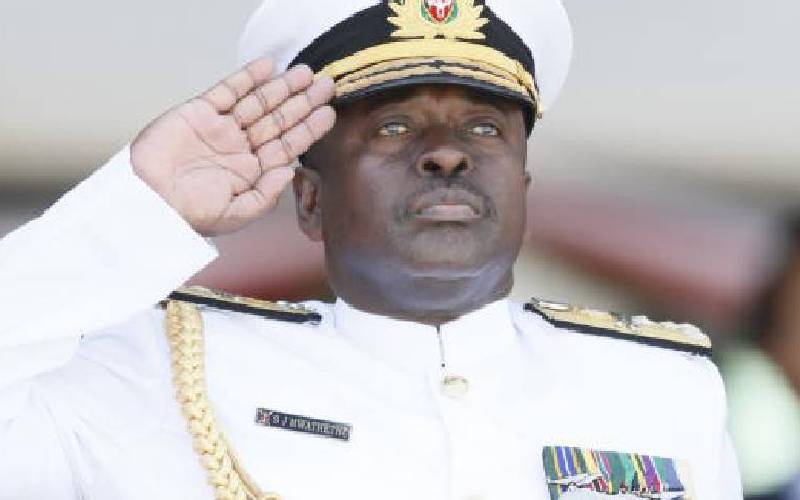×
The Standard e-Paper
Kenya’s Boldest Voice

President Uhuru Kenyatta has extended the term of Chief of Defence Forces (CDF) Gen Samson Mwathethe (pictured) by a year in changes that saw the service get a new Director of Military Intelligence.